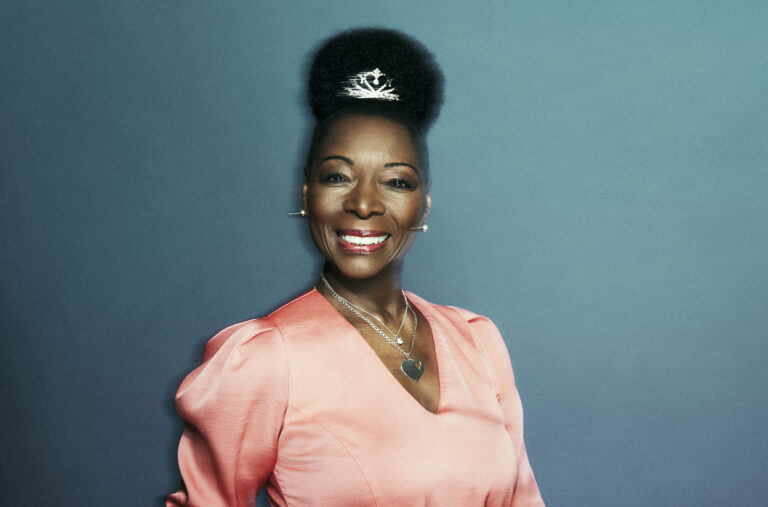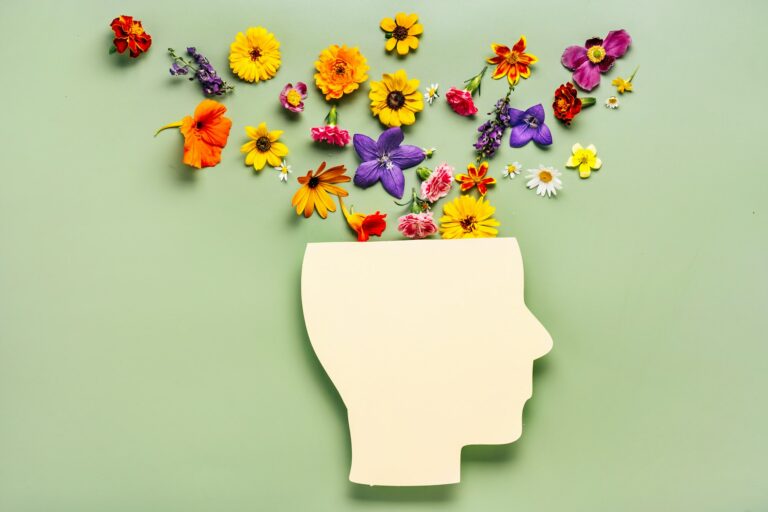Being an authentic ally in the workplace means helping marginalised individuals to be treated fairly. You might not share the same characteristics as your colleagues but allyship is about empathy, building trust and standing up for others because you believe it is the moral thing to do.
To what extent can you be an authentic ally?
There are different ways to be ally. An upstander is someone who speaks out immediately when they witness wrongdoing – such as addressing racial microaggressions or confronting gender bullying in a meeting.
Sometimes an ally may not feel brave enough to be confrontational but will instead address the issue at a later time in a quieter way. Or maybe they show support for their colleague by offering to be a confident to share fears and frustrations without negative repercussion. Or an authentic ally might think of another colleague who will be able to support a marginalised person, if they themselves feel they can’t help with a particular issue.
“You may think at a certain point that you can’t help as an ally anymore. You can’t force it. Just let it go,” says Audry Bron, a DEI and Global Communications Expert with Bontekoning & Bron who was speaking at Diversity Network’s LiveMeet.
“You can only be an ally to the extent that you feel brave enough to help someone authentically. You may sometimes come across obstacles that will stop you being an authentic ally but you can always be a sponsor.” A sponsor is an influential individual who can promote and support marginalised others.
Based in the Netherlands, Audry migrated with her family as political asylum seekers from Suriname in South America when she was five years old. Audry is now studying for a PhD at Tilburg University, and uses her multilingual and bi-cultural upbringing to share her lived experience of diversity and inclusion.
What are unhelpful allies?
Audry explains about performative allies – those who are not authentic about real change, such as those who changed their online screen profiles to be black after the murder of George Floyd but failed to tackle racism in real terms.
An opportunistic ally only engages in allyship if there is to gain, such as companies ‘pink washing’ LGBTQ+ issues during Pride Week but failing to meaningfully engage with support for the rest of the year.
Psychological safety
“Being an authentic ally can lead to a psychologically safe workplace for everyone, says Audry.
“As humans we have intersectional identities – and many of us are both marginalised and privileged at the same time.”
Marginalising people is discriminating against them, and preventing them from flourishing and achieving at work. “I am a Black woman, which is the marginalised section of my identity,” says Audry.
As an ally, you can use your privilege as part of a dominant group. “I am privileged because of my higher education.
“By becoming an ally, we can help develop social and psychological safety in our workplaces so that everyone feels they can discuss anything in their organisation. We feel safe to speak out without consequence.”
What can you use to be an authentic ally?
“Use your position and gain respect,” says Audry, who uses the term ‘privilege keys’ as a way to develop people’s trust. Networking is another way allies can help foster workplace equality.
“Diversity is a given,” believes Audry. “Everyone has various backgrounds within themselves.
“But equity and inclusion is what will make change because it is about behavioural change.
“If you can be an authentic ally, try to do so.”
Audry recommends for further reading:
https://www.michellemijungkim.com





